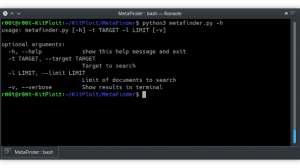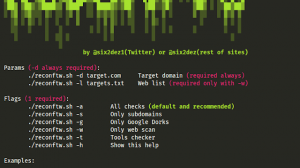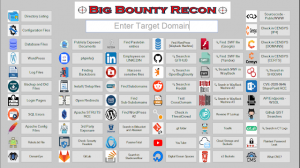[sc name=”ad_1″]
Semi-Automated Cyber Threat Intelligence (ACT) is a research project led by mnemonic as with contributions from the University of Oslo, NTNU, Norwegian Security Authority (NSM), KraftCERT and Nordic Financial CERT.
The main objective of the ACT project is to develop a platform for cyber threat intelligence to uncover cyber attacks, cyber espionage and sabotage. The project will result in new methods for data enrichment and data analysis to enable identification of threat agents, their motives, resources and attack methodologies. In addition, the project will develop new methods, work processes and mechanisms for creating and distributing threat intelligence and countermeasures to stop ongoing and prevent future attacks.
In this repository the code of the ACT platform is published under an Open Source license.
Usage
The ACT platform exposes a set of REST APIs. See this guideline on how to work with the API.
Installation
Prerequisites
- Java 8 for running the application.
- Maven for managing dependencies, building the code, running the unit tests, etc.
- An installation of Apache Cassandra for storage. Any version of Apache Cassandra 3.x is support.
- Import the Cassandra database schema from
deployment-service/resources/cassandra.cql.
- Import the Cassandra database schema from
- An installation of Elasticsearch for indexing. Version 6.8 of Elasticsearch is required.
- (Optional) An installation of ActiveMQ for the multi-node environment.
- (Optional) An installation of Docker for running the integration tests.
Compilation
- Execute
mvn clean install -DskipTestsfrom the repository’s root folder to compile the code. - Afterwards follow the deployment guide to run the application.
Testing
- Download a Cassandra image by
docker pull cassandra. - Download an Elasticsearch image by
docker pull docker.elastic.co/elasticsearch/elasticsearch:6.8.2. - Download an ActiveMQ image by
docker pull webcenter/activemq. - Execute
mvn clean installfor running all tests including integration tests. - Execute
mvn clean install -DskipSlowTestsfor skipping the integration tests. - By default the integration tests will try to connect to Docker on localhost and port 2375. Set the $DOCKER_HOST environment variable to override this behaviour.
[sc name=”ad-in-article”]





















Add Comment